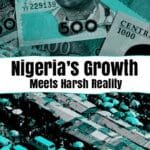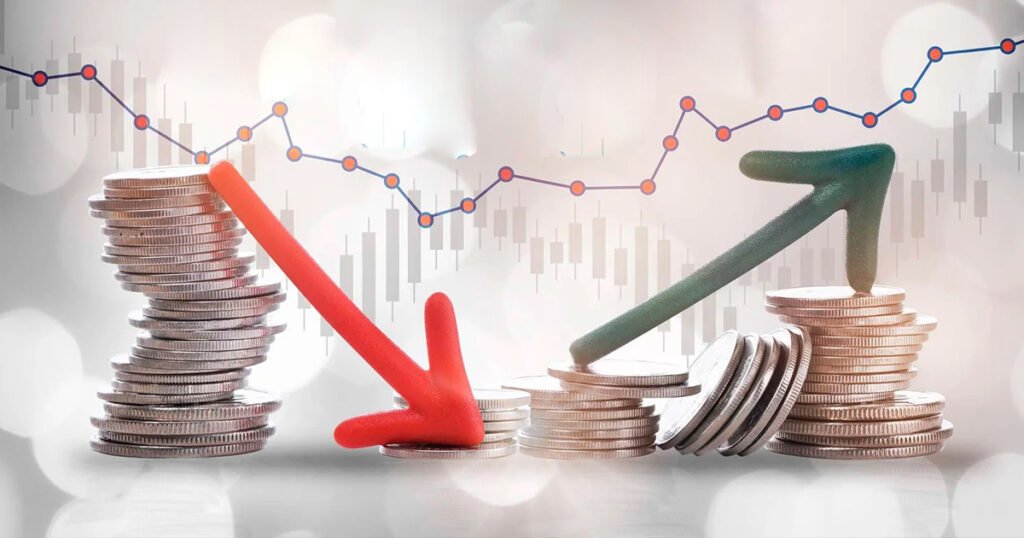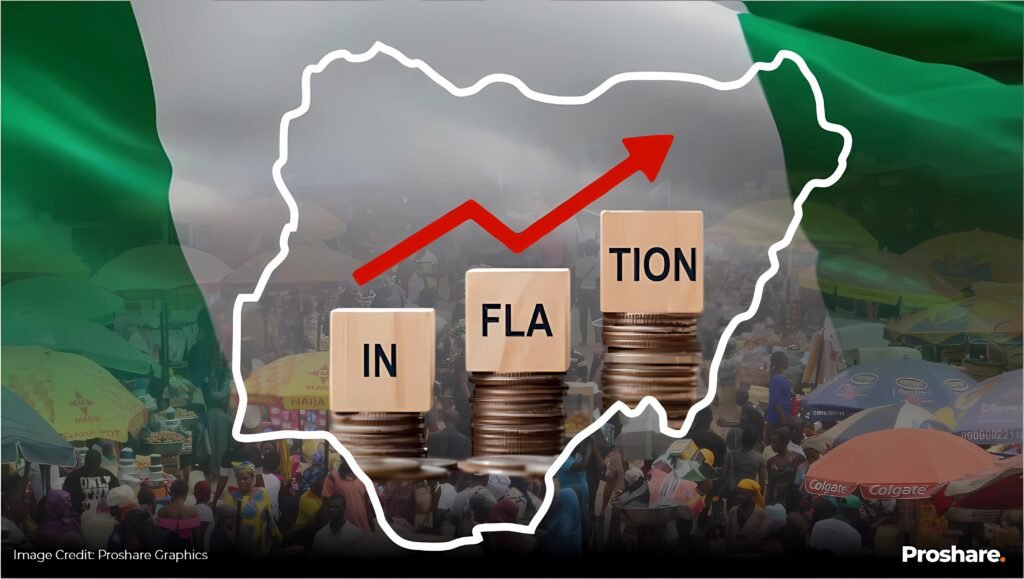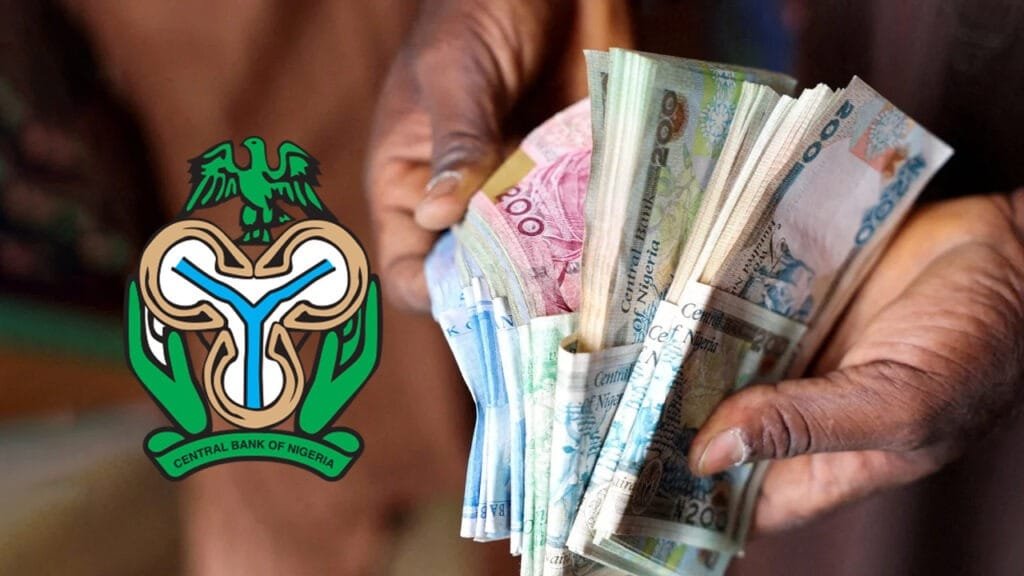Nigeria’s economic performance in the final quarter of 2024 surprised many skeptics. After months of uncertainty, price shocks, and sweeping policy reforms under President Bola Ahmed Tinubu, the country posted its strongest quarterly GDP growth in three years.
According to data from the National Bureau of Statistics (NBS), the economy grew at an annual rate of 3.84% in Q4, up from 3.46% in Q3, 3.19% in Q2, and 2.98% in Q1. This growth was largely driven by the robust performance of the services sector, which expanded by 5.37% year-on-year.
This unexpected boost has prompted economists and analysts to reconsider the initial pessimism surrounding Tinubu’s reform agenda. When he assumed office in May 2023, Tinubu moved swiftly to end the petrol subsidy regime and removed the long-standing peg on the naira—decisions that initially triggered inflationary pressure and panic among consumers and businesses alike.
Now, however, Nigeria’s Q4 numbers suggest these bold steps may finally be bearing fruit. But is this recovery sustainable, or is it merely a statistical bounce?
Services Sector Drives Growth
A closer look at the data reveals that the services sector was the engine of this resurgence. Encompassing telecommunications, financial services, trade, and professional services, this sector remains the backbone of Nigeria’s non-oil economy. The 5.37% year-on-year growth signals renewed business confidence, improved digital activity, and growing urban consumption. It also shows resilience in the face of macroeconomic volatility.
While industrial output grew modestly by 2.00% and agriculture by 1.76%, it is the services industry that has carried the weight of national output. The broader implications of this growth suggest a structural shift in Nigeria’s economic base—away from oil dependency and toward a more diversified and resilient economy, which aligns with Tinubu’s long-term vision.
Still, the contribution of oil output cannot be overlooked. Though relatively flat at 1.54 million barrels per day, stable oil production contributed to maintaining export revenue, especially with international oil prices fluctuating. In tandem, the Dangote’s Refinery is expected to influence domestic fuel supply and reduce Nigeria’s dependence on imported refined petroleum products.
From Inflationary Pressures to Relative Stability
Tinubu’s early economic decisions—particularly the removal of the petrol subsidy and floating of the naira—were met with immediate backlash. These policies led to an abrupt surge in fuel and transport costs, spiraling inflation to a 30-year high in late 2023. Businesses were squeezed, and consumers faced intense pressure on household incomes. The naira plummeted in the foreign exchange market, and investor confidence took a hit.
However, by the final months of 2024, signs of price stability began to emerge. According to market observers, petrol prices have largely stabilized, and the naira’s exchange rate has shown signs of settling. This relative calm has created predictability in transportation and logistics, which in turn boosts consumer and investor sentiment.
The Central Bank’s reintroduction of market-friendly measures, including improved FX liquidity and closer coordination with fiscal authorities, has also contributed to taming the storm.
Additionally, the government is exploring options to rebase GDP and inflation data, a move that will offer a more accurate reflection of the modern Nigerian economy. Sectors such as e-commerce, the digital economy, and entertainment—previously underrepresented—are now poised to be included, enhancing Nigeria’s global competitiveness.
The Politics Behind the Numbers
There is no doubt that these economic gains come at a critical political juncture for President Tinubu. Now midway into his first term, the pressure to deliver tangible results is mounting. The economic hardship caused by the reforms risked eroding public trust early in his administration. But the recent figures may offer the administration a window to reframe the narrative—from short-term suffering to long-term sustainability.
Tinubu’s ambition to build a trillion-dollar economy by 2033 seems optimistic but not entirely out of reach, given the right policy alignment and execution. Nigeria’s GDP stood at around $363 billion in 2023. To reach the trillion-dollar target within a decade would require consistent annual growth of over 7%—double the current trajectory. However, with sound macroeconomic management, increased investment, and strategic infrastructure development, such goals can become achievable.
For now, the Tinubu government is likely to use the Q4 figures to strengthen its case for continued reform. International partners like the International Monetary Fund (IMF) and World Bank endorsed Nigeria’s removal of fuel subsidies as a necessary measure. With signs of growth emerging, these partners may feel further validated in their support.
Public Sentiment: From Skepticism to Hope?
Despite encouraging statistics, the lived experience of Nigerians tells a more complex story. In some areas of the country, rice traders reported increased customer traffic due to lower prices compared to the same period last year. Traders in different parts of the country echoed similar sentiments, noting that while farmers may be struggling with pricing, end-consumers and small-scale marketers are beginning to see some relief.
This anecdotal evidence of easing pressure may be one of the most powerful indicators of change—people are beginning to feel it. In a country where inflation and exchange rates directly impact food and transportation costs, any semblance of normalcy is welcomed. However, this cautious optimism must be sustained with tangible support from government, particularly for vulnerable groups still reeling from subsidy removal.
Moreover, the government’s continued issuance of import licenses for petrol—even in a supposedly deregulated market—raises questions about market manipulation. Is the government silently subsidizing petrol through other channels to contain prices?

Structural Challenges Remain
While the Q4 economic growth provides hope, Nigeria’s structural issues remain deeply entrenched. The country still faces power supply limitations, inadequate infrastructure, and an informal sector that dwarfs the formal. Security concerns, especially in food-producing northern regions, continue to dampen agricultural productivity and investor confidence.
Furthermore, Nigeria’s foreign direct investment (FDI) inflows remain modest, largely due to policy uncertainty, forex restrictions, and complex regulatory frameworks. If the Tinubu administration seeks to build on Q4’s momentum, it must urgently address the ease of doing business.
Also, noteworthy is the need for inter-agency coordination. Analysts have warned that without better synergy between the Central Bank of Nigeria (CBN), Ministry of Finance, and other key agencies, even the best-laid economic plans may falter. The key missing thing is coordinated policy. The isolated efforts won’t deliver the kind of robust, long-term growth Nigeria needs.
The Global Context and Nigeria’s Position
Globally, Nigeria is navigating its economic path during a time of global uncertainty. High interest rates in developed economies, ongoing geopolitical tensions, and a shifting energy landscape continue to impact emerging markets. In this context, Nigeria’s modest but consistent growth stands out as a bright spot in sub-Saharan Africa.
The planned rebasing of GDP—expected to incorporate sectors like information and communication technology (ICT), arts, culture, tourism, and the marine economy—could result in a significant upward revision of Nigeria’s economic size. A similar rebasing in 2014 propelled Nigeria ahead of South Africa as Africa’s largest economy. Though it has since lost that title due to naira devaluation and slow reform, Tinubu’s administration seems poised to reclaim that status.
Still, economic size means little without inclusive development. The government must ensure that growth is not just happening on paper or among elites but is trickling down to everyday Nigerians. That means strengthening social protection programs, expanding job creation schemes, and supporting MSMEs that serve as the backbone of Nigeria’s economy.
A New Dawn or False Hope?
As Nigeria’s economy shows signs of life after a turbulent transition period, the question on many minds is whether this momentum signals a true turning point—or just another fleeting moment of optimism in a cycle of boom and bust. While government officials tout data suggesting growth, a more nuanced view reveals both promise and peril ahead.
At the heart of this debate is the credibility of implementation. President Tinubu’s administration has not shied away from difficult decisions—scrapping fuel subsidies, liberalizing the naira, and attempting to overhaul fiscal discipline.
More troubling is the widening inequality. While macroeconomic indicators may be improving, vulnerable populations are still struggling with food insecurity, unemployment, and access to healthcare. Inflationary pressures have eased in certain sectors, but real wages remain stagnant, and purchasing power has not fully recovered from the shocks of 2023.
There’s also skepticism surrounding the sincerity of reform. Some critics argue that the current administration has yet to break the cycle of elite-centered economics—where benefits accrue to politically connected actors while small businesses and everyday workers bear the brunt of austerity. The continued dominance of monopolies in key sectors like fuel distribution and cement production hints at a lack of genuine market liberalization.
Still, it would be shortsighted to dismiss recent improvements. The government’s renewed engagement with global partners, commitment to a digital economy, and investments in transport and energy infrastructure suggest an awareness of long-term needs.
A Cautious Optimism
So, is Tinubu’s economic gamble paying off? The Q4 2024 data suggests yes, at least in the short term. The growth figures indicate that the initial tremors of reform are beginning to translate into meaningful economic activity. Stabilized petrol and currency prices, strong service sector output, and renewed investor interest point toward a cautiously optimistic trajectory for Nigeria.
Reforms are never painless—but when executed with purpose and people-centered planning, they can lay the foundation for lasting prosperity. For now, Nigerians and the world will be watching whether President Tinubu can turn this early success into a sustained economic transformation. Only time—and future data—will tell.









